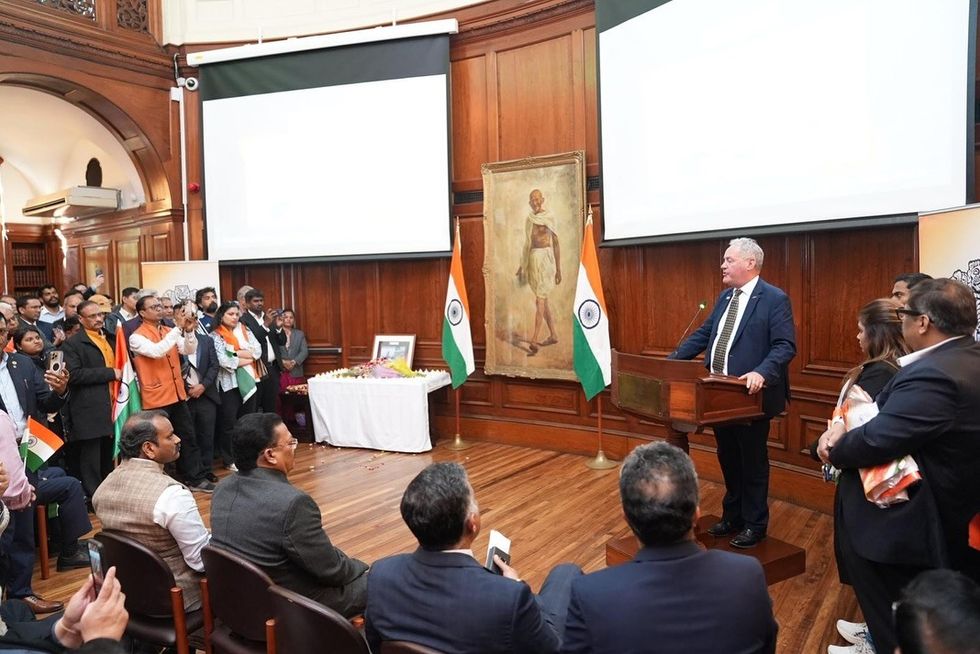AT least15 people drowned and dozens are unaccounted for after a boat carrying Rohingya refugees sank off southern Bangladesh early Tuesday (11), officials said.
Some 130 people mainly women and children were packed on a trawler that was trying to cross the Bay of Bengal to reach Malaysia, coast guard spokesman Hamidul Islam told.
Seventy people had so far been rescued.
Many of the 700,000-plus Rohingya Muslims who fled a military crackdown in Myanmar in 2017 have tried to leave overcrowded refugee camps in Bangladesh's Cox's Bazar district on boats headed for Malaysia.
The boat, barely 13 metres long, was one of two vessels attempting the hazardous 2,000-kilometre journey before the monsoon season starts.
Four navy and coast guard boats were searching the seas near St Martin's island, officials said.
"They were lured by traffickers," said border guard commander Faisal Hasan Khan.
With few opportunities for jobs and education in the refugee camps, thousands have attempted to reach other countries in Southeast Asia.
Malaysia is the favoured destination for the Rohingya as it is a Muslim-majority nation with a sizeable Rohingya diaspora.
Shakirul Islam, a migration expert whose group works with Rohingya to raise awareness against trafficking, said desperation in the camps was making refugees want to leave.
"It was a tragedy waiting to happen," he said.
"They just want to get out, and fall victim to traffickers who are very active in the camps."
Islam said that in the past two months dozens of Rohingya had reported approaches from traffickers to his OKUP migration rights group.
Since last year, Bangladesh law enforcement agencies have picked up over 500 Rohingya from rickety fishing trawlers or coastal villages as they waited to board boats.
Trafficking often increases during the November-March period when the sea is safest for the small trawlers used by the traffickers.
At least seven suspected traffickers were shot dead in 2019 in clashes with police.
An estimated 25,000 Rohingya left Bangladesh and Myanmar on boats in 2015 trying to get to Thailand, Malaysia and Indonesia. Hundreds drowned when overloaded boats sank.
Bangladesh and Myanmar signed a repatriation deal to send back some Rohingya to their homeland, but none have agreed to return because of fears for their safety.
(AFP)


















 Bob Blackman MP speaks during the event
Bob Blackman MP speaks during the event